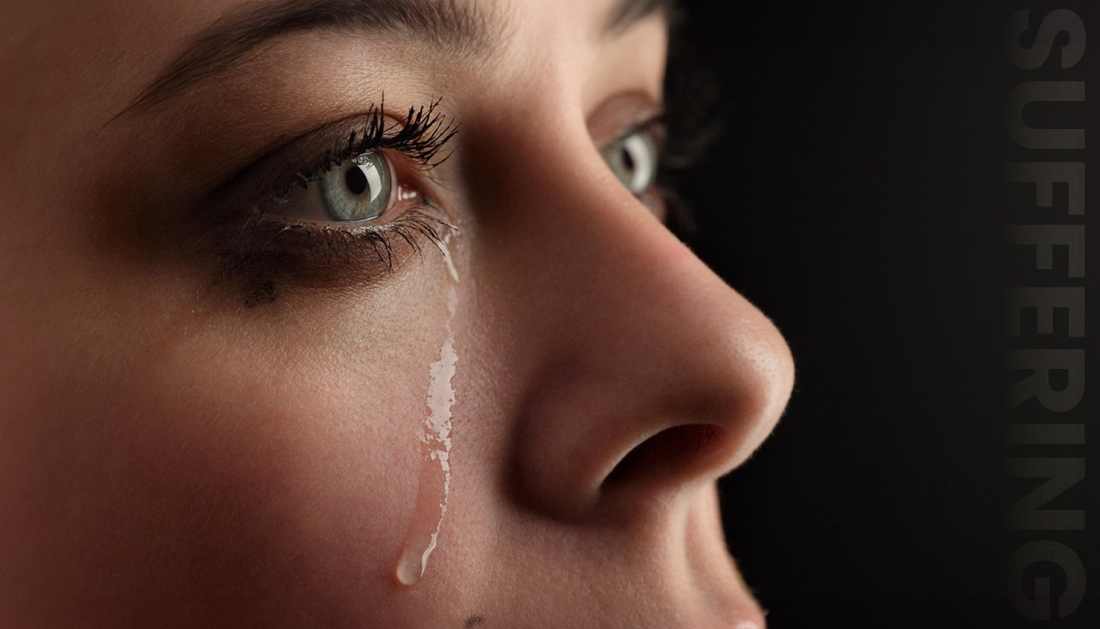It starts as a little itch, then a subtle trickle, and before you know it, your eyes are brimming with tears.
No, it’s not your emotions playing tricks on you—it’s watery eyes, a surprisingly common yet frustrating issue that can interrupt even the most routine moments.
Your eyes start leaking like a faucet you can’t turn off, and whether you’re trying to focus on an important task, drive, or simply relax, those unwanted tears can quickly become a distraction.
Watery eyes often feel like an unsolvable mystery, appearing without warning and leaving you wondering what’s behind the sudden overflow.
Is it allergies? Dryness? Or maybe something else entirely? The cause might be simpler than you think, but knowing why it’s happening is the key to finding relief.
In this blog, we’ll dive deep into the reasons your eyes won’t stop watering and explore practical, effective solutions to finally keep those tears in check, helping you maintain clear, comfortable vision.
Causes of Watery Eyes
Watery eyes can be triggered by various factors, some of which might surprise you. Here are the most common causes:
Allergies
Seasonal or environmental allergens like pollen, dust, or pet dander can lead to itchy, watery eyes as your body’s natural defense mechanism kicks in.
Dry Eyes
Ironically, when your eyes are too dry, they compensate by producing excess tears in an attempt to hydrate themselves.
Irritants
Exposure to smoke, dust, or air pollution can irritate your eyes, leading to an overflow of tears as a protective response.
Digital Eye Strain
Spending long hours on screens can cause your eyes to strain, leading to irritation and, in many cases, excessive tearing.
Blocked Tear Ducts
When tear ducts are blocked, tears can’t drain properly, resulting in constant watery eyes. This is a more serious condition that often requires medical attention.
Recognizing Symptoms
Watery eyes aren’t just about excess tears. You might also experience symptoms like itchiness, burning, or a general feeling of discomfort, often signaling an underlying issue. Redness or swelling around the eyes may indicate irritation or infection, and when these symptoms persist, it’s important to take notice.
While occasional tearing is normal, excessive or chronic tearing, especially if accompanied by pain or swelling, should prompt a visit to the doctor to rule out more serious conditions and ensure your eye health is properly managed.
Home Remedies and Treatments
Artificial Tears
Use lubricating eye drops to keep your eyes hydrated and reduce irritation.
Avoid Irritants
Limit exposure to smoke, dust, and allergens to prevent excess tearing.
Warm Compresses
Apply a warm compress to ease discomfort and help unblock tear ducts.
Humidifiers
Add moisture to the air with a humidifier to prevent eye dryness.
Prescription Solutions
For ongoing issues, consult a doctor for targeted prescription treatments.
No More Watery Eyes
Watery eyes may seem like a small annoyance, but they can impact your daily life more than you realize.
The good news? With the right approach, you can take control. Simple remedies like artificial tears, avoiding irritants, or adding moisture to your environment can make a big difference.
But if the problem persists, seek professional help—your eyes deserve the best care. Remember, your vision is one of your most valuable assets, so keeping your eyes healthy and clear is essential for both comfort and clarity in your day-to-day life.
FAQs
What Are the Common Causes Of Watery Eyes?
Watery eyes can be caused by a variety of factors including allergies, dry eyes, irritants like smoke or dust, digital eye strain, and blocked tear ducts.
Can Dry Eyes Actually Cause Watery Eyes?
Yes, when your eyes are too dry, they may overproduce tears to compensate for the lack of moisture, leading to watery eyes.
How Can I Prevent Watery Eyes Caused by Allergies?
Limiting exposure to allergens, using over-the-counter allergy eye drops, and keeping windows closed during peak allergy seasons can help reduce symptoms.
